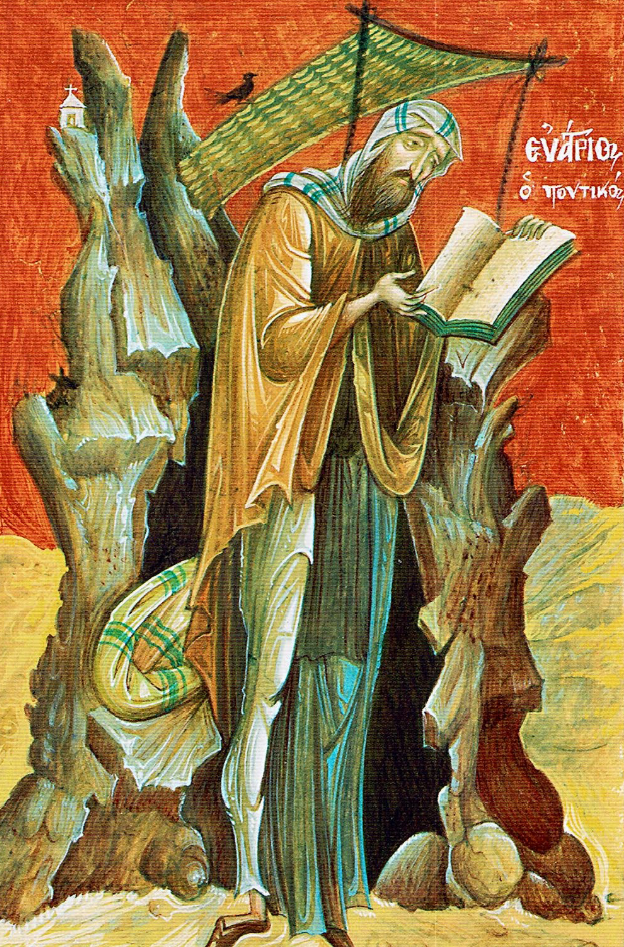When our wrathful power is aroused in a way contrary to nature, it greatly furthers the aim of the demons and is an ally in all their evil designs. Day and night, therefore, they are always trying to provoke it. And when they see it tethered by gentleness, they at once try to set it free on some seemingly just pretext; in this way, when it is violently aroused, they can use it for their shameful purposes. It must not be aroused either for just or for unjust reasons; and we must not hand a dangerous sword to those too readily incensed to wrath, for it often happens that people become excessively worked up for quite trivial reasons. Tell me, why do you rush into battle so quickly, if you are really above caring about food, possessions and glory? Why keep a watchdog if you have renounced everything? If you do, and it barks and attacks other men, it is clear that there are still some possessions for it to guard. But since I know that wrath is destructive of pure prayer, the fact that you cannot control it shows how far you are from such prayer. Evagrios the Solitary ‘The Philokalia’
Homer opens the Illiad in what will become the essential passion for the way of the warrior, the song of Alexander the Great, a carrying voice in the ancient world before Jesus Christ.
Achilles sing, O Goddess! Peleus’ son;
His wrath pernicious, who ten thousand woes
Caused to Achaia’s host, sent many a soul
Illustrious into Ades premature,
And Heroes gave (so stood the will of Jove)
To dogs and to all ravening fowls a prey,
When fierce dispute had separated once
The noble Chief Achilles from the son
Of Atreus, Agamemnon, King of men.

Evagrios the Solitary

